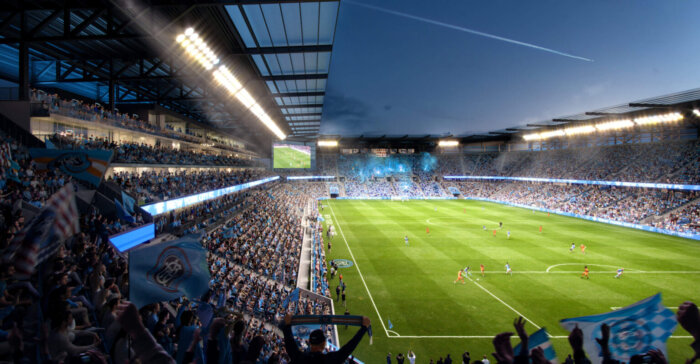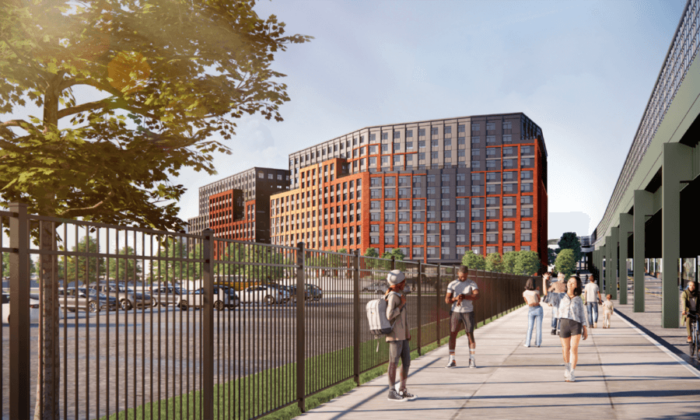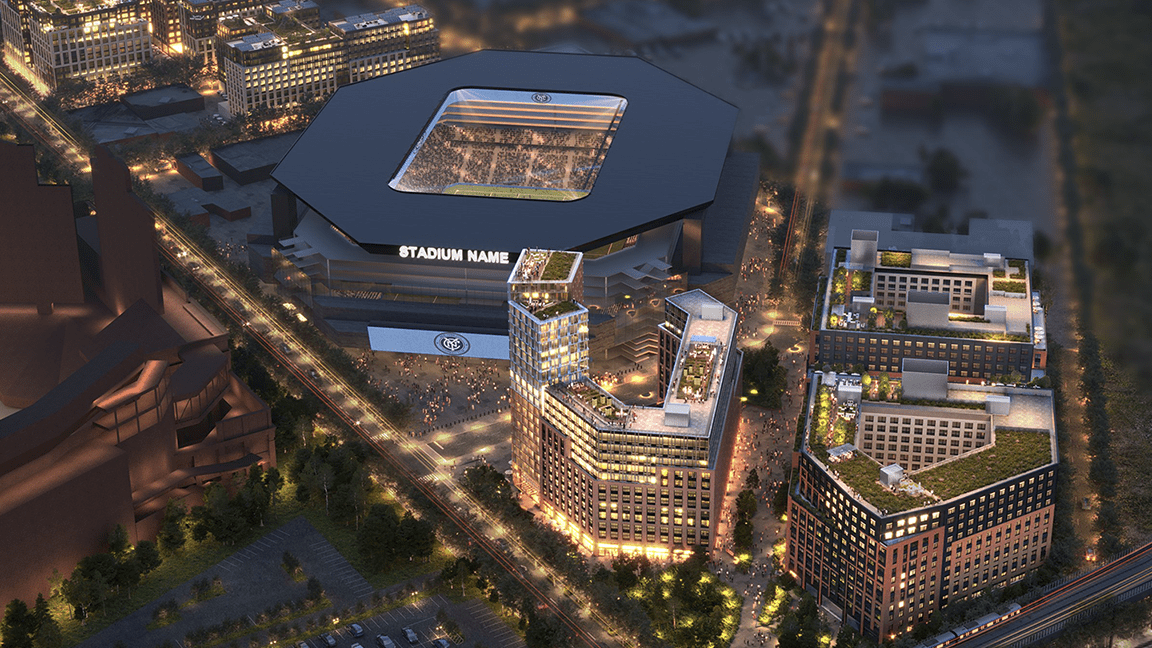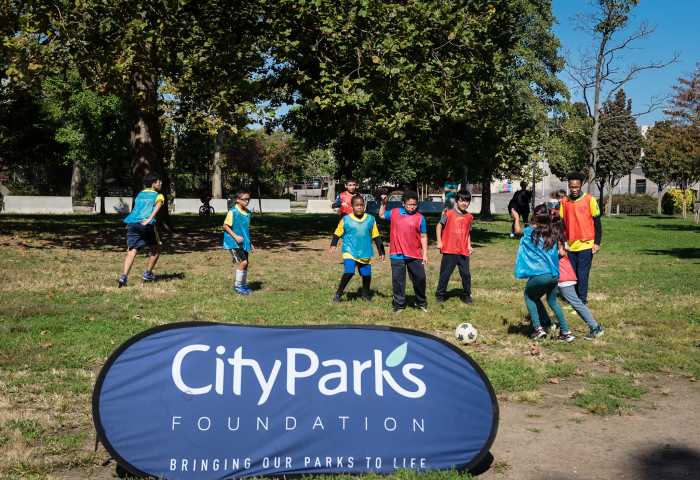Queens Borough President Donovan Richards announced Wednesday his approval of Phase II of the Willets Point redevelopment plan that will bring 1,400 units of affordable housing to a desolate area near Citi Field, along with a 25,000-seat soccer stadium to be used as the home of the New York City Football Club (NYCFC), a 250-room hotel, a 650-seat public school, retail space and nearly three acres of open space.

The recommendation, subject to conditions, comes nearly a month after a hearing was held Dec. 13 where two dozen area residents offered testimony, with the applicant team including the New York City Economic Development Corporation (NYCEDC), NYCFC and Queens Development Group on hand to respond to questions from the public.

The development is slated to go up in an area known as the Iron Triangle, which was polluted by industrial and auto-related uses for generations. It was also known as the “Valley of Ashes” in F. Scott Fitzgerald’s The Great Gatsby. Construction of Phase I began late last year and will bring 1.100 units affordable units to the area and various amenities.
“Through the decades, many plans have been imagined at Willets Point and only one has been approved,” Richards wrote in his recommendations. “I am proud to see that the former ‘Valley of Ashes’ transform into better housing, schooling, and open space., but I must see material and serious commitments to the surrounding communities of Corona, Flushing and East Elmhurst.”
His approval comes with the condition that the development team provide housing at affordability levels in Phase II comparable to Phase I, which will stipulate a commitment to having more than half of the 1,400 units created to be available at or below 80% of the Area Median Income (AMI).
Richards also wants to see local hiring commitments and is calling for a minimum of 30% of contracts for minority or women-owned businesses. He’s asked for space for local street vendors near the stadium. He also wants developers to finance capital improvements to help local infrastructure like parks and mass transit in the area. And he wants a pledge from NYCFC that discounted tickets will be offered to those who live in nearby communities.
“New York City FC is grateful for Borough President Donvan Richards’ support on our proposed stadium project and his guidance to help build the stadium that benefits the entire Queens community,” NYCFC Vice Chairman Marty Edelman said. “We have a history of being a committed community partner through our many initiatives and City in the Community foundation, and we are grateful for his shared vision of using our platform for the betterment of Queens and all New Yorkers.
We continue to receive overwhelming support from the local Queens community throughout this process and are grateful the Borough President held a thorough hearing to allow our fans to voice that support.”
The city broke ground on Phase I of the project last month at 38-21 Seaver Way, representing the first part of a plan that aims to bring 2,500 below-market-rate apartments to Willets Point in the years ahead.
“NYCEDC is thankful to Queens Borough President Donovan Richards’ support and recommendations for the Willets Point Phase II development and look forward to working with the City Planning Commission (CPC) next,” an NYCEDC spokesperson said.
“The Willets Point transformation is a generational investment for New York City that will bring the largest affordable housing development in over 40 years, new public open space, a hotel and over 20,000 square feet of retail, much-needed infrastructure, and the city’s first soccer-specific stadium that will be 100% privately financed. This historic project will generate nearly $6 billion in economic impact over the next 30 years, creating more than 1,500 permanent jobs and 14,000 construction jobs.”
Richards’ recommendation is advisory, with the city council making the final determination. However, it is likely to be approved, as local councilmember Francisco Moya supports the plan.




































